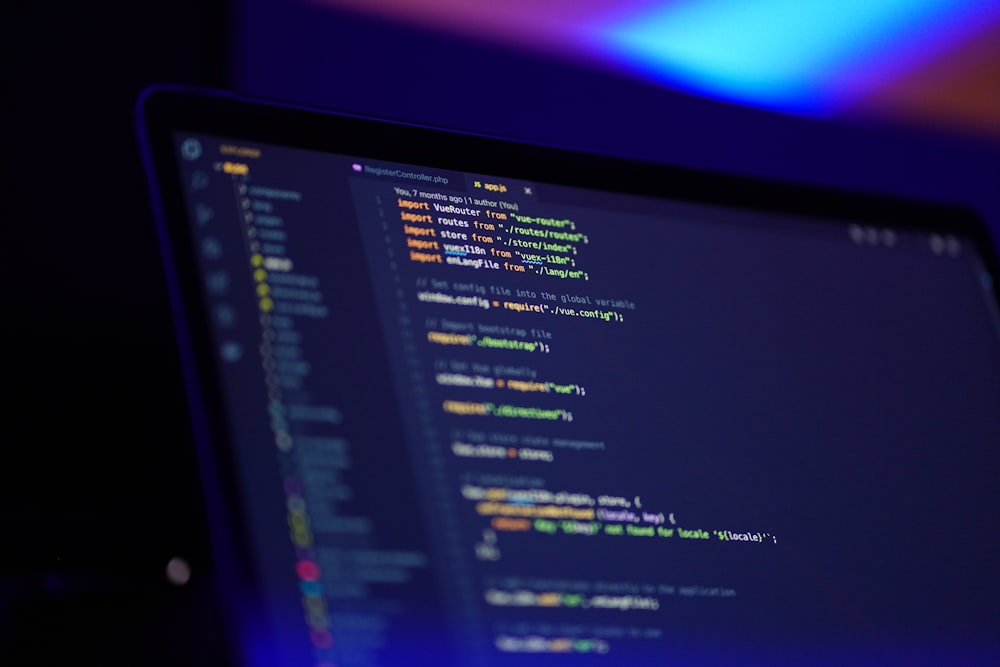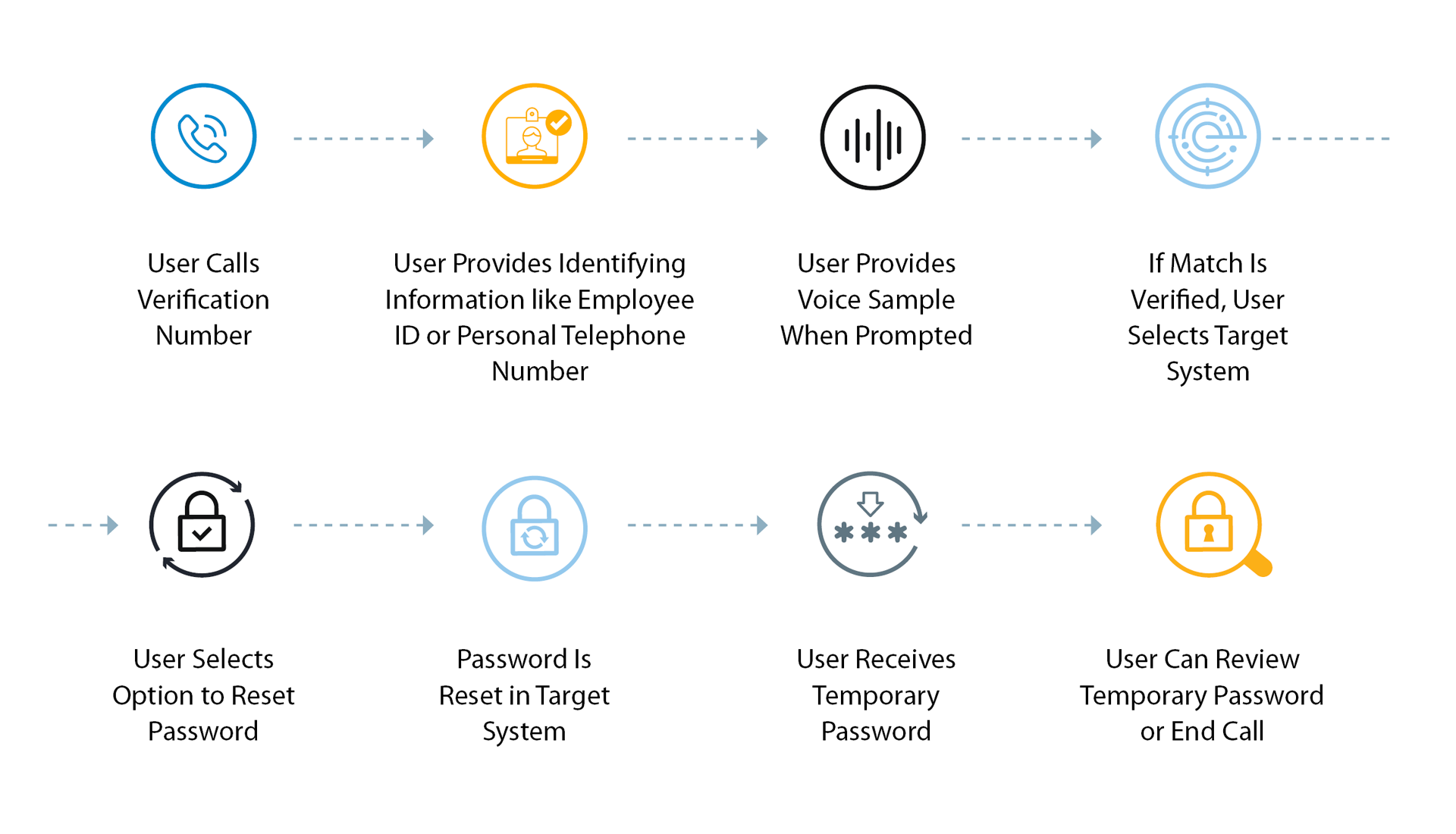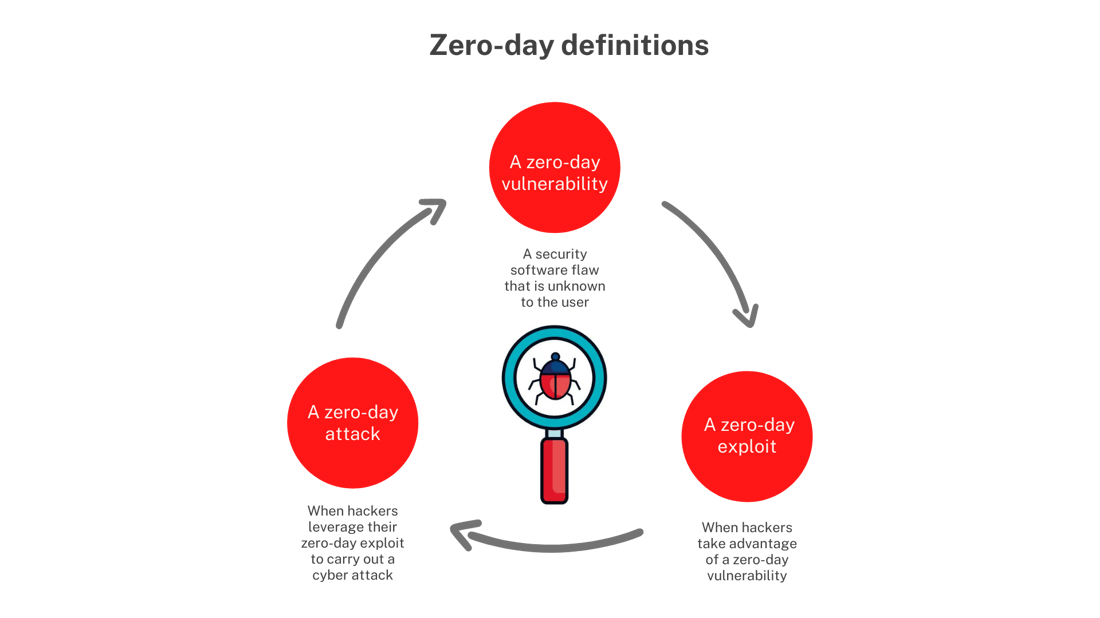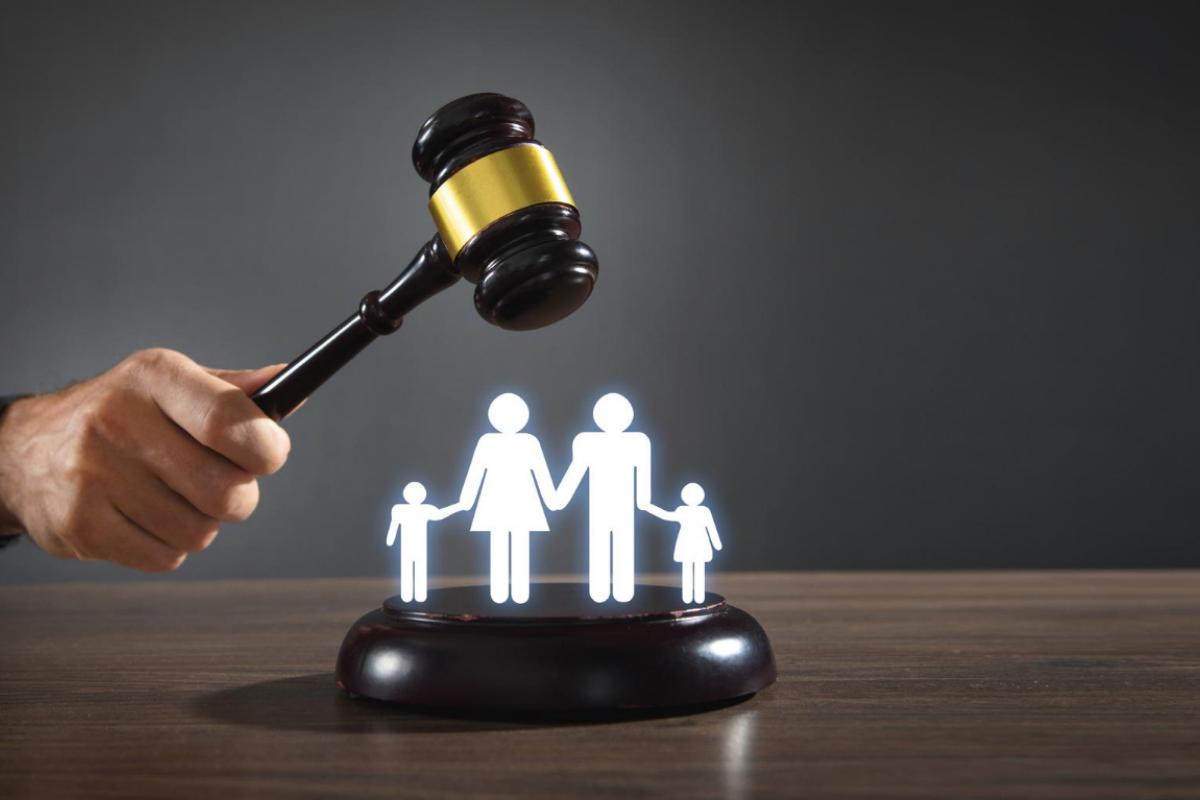
Strengthen Security with Multi-Factor Authentication (MFA)
In an age where digital threats are ever-present, ensuring the security of online accounts and sensitive information is paramount. Multi-Factor Authentication (MFA) emerges as a formidable defense mechanism, providing enhanced protection against unauthorized access. Let’s delve into the significance of MFA and its role in fortifying digital security.
Understanding Multi-Factor Authentication (MFA)
Multi-Factor Authentication (MFA) is a security process that requires users to provide multiple forms of identification before gaining access to a system or account. Unlike traditional password-based authentication, which relies on a single factor, MFA incorporates additional layers of verification, making it more resilient to various cyber threats.
The Layers of Authentication: Something You Know, Have, and Are
MFA typically involves three authentication factors: something the user knows (like a password), something the user has (such as a mobile device or security token), and something the user is (biometric data like fingerprints or facial recognition). This multi-layered approach significantly strengthens the overall security posture.
Mitigating the Risks of Password Vulnerabilities
Passwords, even when complex, can be vulnerable to various attacks, including phishing, brute force, and credential stuffing. MFA addresses these vulnerabilities by requiring additional forms of authentication beyond passwords. Even if one factor is compromised, the other layers act as a robust barrier against unauthorized access.
Enhancing Security for Remote Access and Cloud Services
With the rise of remote work and cloud services, securing access to digital resources beyond the traditional network perimeter becomes crucial. MFA plays a pivotal role in this scenario, adding an extra layer of security to verify the identity of users accessing sensitive data and applications from various locations.
Implementing MFA Across Different Industries
Multi-Factor Authentication is not confined to a specific industry; its applicability spans across various sectors. Banking and finance, healthcare, e-commerce, and even social media platforms have embraced MFA to protect user accounts and sensitive information. The versatility of MFA makes it a valuable asset in diverse digital environments.
User-Friendly MFA Solutions
While security is paramount, user experience is equally important. Many modern MFA solutions are designed with user convenience in mind. Methods such as push notifications, biometric authentication, and one-time passcodes contribute to a seamless and user-friendly authentication process.
MFA and Regulatory Compliance
In the landscape of stringent data protection regulations, MFA aligns with compliance requirements. Many regulatory frameworks mandate the use of multi-factor authentication to enhance the security of sensitive data and ensure a higher level of protection against unauthorized access.
Combating Phishing and Account Takeovers
Phishing attacks and account takeovers are persistent threats in the digital realm. MFA acts as a robust defense mechanism against these threats. Even if attackers manage to obtain login credentials through phishing, the additional authentication factors required by MFA thwart their attempts to gain unauthorized access.
Scalability and Integration with Existing Systems
The scalability of MFA makes it suitable for businesses of all sizes. Whether you’re a small startup or a large enterprise, MFA solutions can be tailored to your specific needs. Moreover, MFA can be seamlessly integrated into existing authentication systems, ensuring a smooth transition to a more secure authentication process.
Embracing a Secure Digital Future with MFA
In conclusion, Multi-Factor Authentication (MFA) stands as a robust solution to the evolving challenges of digital security. By incorporating multiple layers of authentication, MFA provides a potent defense against a wide array of cyber threats. Embrace MFA to fortify your digital presence and usher in a future where online interactions are safeguarded by resilient security measures.
For more information on implementing Multi-Factor Authentication (MFA) and bolstering your online security, visit ITCertsWin. Secure your digital future with MFA and stay ahead of the ever-evolving landscape of cybersecurity.































